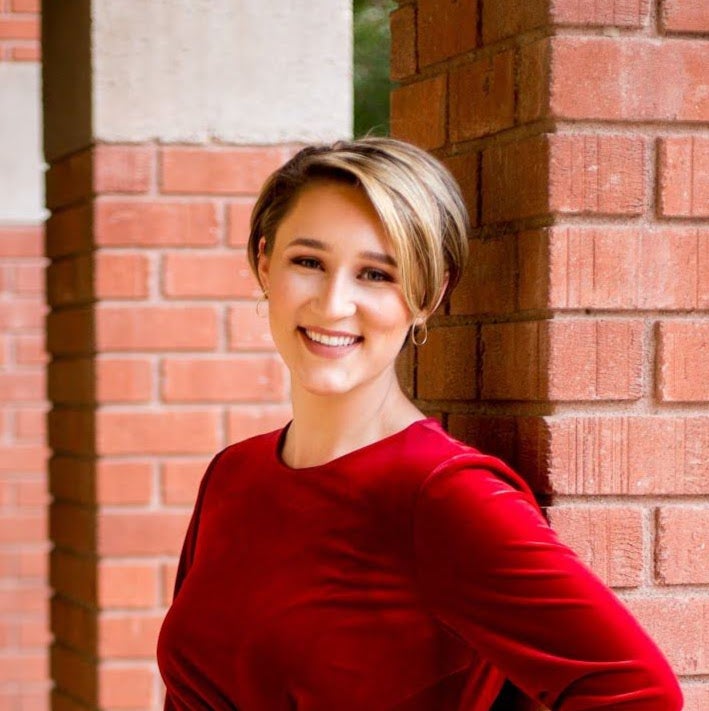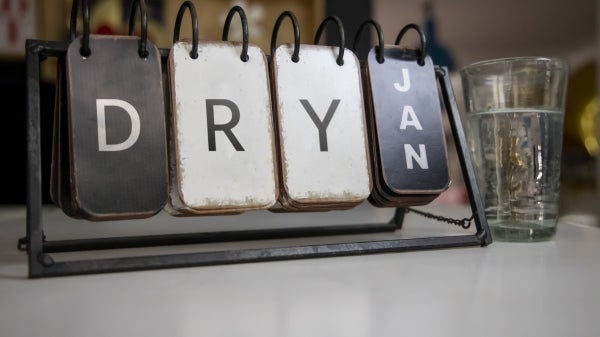ASU student who works in end-of-life care says it can be a beautiful thing

Stock photo by Johannes Plenio/Unsplash
Many people mistakenly assume that gerontology, the study of aging and issues older people face, is sad or depressing.
Camille Miskin, who is earning her Master of Social Work degree at Arizona State University's School of Social Work, says she wants to change this misconception.
“I'm honored every time I get to be around someone who's trusted me to take care of their loved one. I'm not a nurse, but I do ensure that they get the best care possible,” Miskin said. “Just (like) someone who feels very driven to work with children, I feel driven to work with older adults. I feel empowered when I do what's right for them and being educated about their needs.”
Miskin said gerontology is not a taboo or somber subject. She said it can actually be a beautiful thing, especially when it comes to the gratitude shown by families at the death of a loved one.
“Under grief, you can have such a rainbow of experiences; it can come out as anger and frustration and denial. For me, grief work is also a work of gratitude. …That is one of the most beautiful things. People are just super grateful that you can hold the space for their mourning,” Miskin said.
She discovered a passion for end-of-life culture when she spent a year as a foreign exchange student in Germany.
Miskin said there, she observed a stark contrast between how people of other cultures view death and honor the dead compared with Americans.

Social work graduate student Camille Miskin works with people nearing the end of life and their families. Photo courtesy of Camille Miskin
“It wasn't exactly about end of life or aging. Over there, I just kind of felt that they embraced their history head on; they did so much to memorialize those who died,” Miskin said.
Not only did the exchange year open her mind, but so did a sociology professor. The professor, who was also a chaplain, provided spiritual support to those in emergency rooms, Miskin said.
“She asked me a ton of questions on the topic of death that I could not answer, like, ‘Why do we always need to be embalmed? Why is it that families end up paying about $8,000 just to have their family members buried? Is that culturally needed? Is it some sort of rule that we follow?’” Miskin said.
Along with wanting to change some Americans’ misconceptions of gerontology and how they view death, Miskin said she also wants them to be more comfortable when talking about it.
One of her favorite recommendations is Death Over Dinner, a website that declares it has “gathered dozens of medical and wellness leaders to cast an unflinching eye at end of life … (with) an uplifting interactive adventure that transforms this seemingly difficult conversation into one of deep engagement, insight and empowerment.”
Miskin said she often uses the site with people nearing the end of life and their loved ones to make sure that anyone approaching death can have the final arrangements they want.
Family members often find planning a funeral or final resting place for a loved one incredibly overwhelming. But participating in the Death Over Dinner exercise can reduce family members’ stress.
“For me, it's imperative that people start thinking about (death) and learning about it to normalize the process. I want it to be an equal education opportunity for every population,” Miskin said.
Miskin continues to share her experiences and works to encourage more social work students to enter her field. She received a scholarship from the Pima Council on Aging, whose programs and service partners help older adults age well.
The scholarship is important to Miskin, who said it helped motivate her to continue this work.
“Someone felt that it was important to support a student like me. …The activism for older people in the U.S. is not glamorous,” Miskin said. “I was working two or three jobs at the time to pay my tuition. So, honestly, it was fantastic for me.”
Miskin said that once she receives her degree, she wants to become a medical social worker. She said she wants to work in a hospice and become a death doula, a person who helps someone at the end of their life, like a birth doula or midwife does at the beginning.
“Near the end of life, it all comes down to who you are as a person and the unique beliefs or values which served as your foundation, which is very beautiful,” she said.
Written by Morgan Carden, student journalist for the ASU School of Social Work.
More Health and medicine

ASU teams up with Maricopa County to address local life expectancy gap
Arizona State University’s College of Health Solutions is partnering with the Maricopa County Board of Supervisors to address a…

ASU professor named Rural Health Fellow
If you live in a major city, chances are you don’t spend much time thinking about what happens in smaller towns and rural areas.…

The rise of NoLo: Many young people opting to reduce alcohol consumption
This month, the U.S. surgeon general released a new advisory on the link between alcohol and cancer risk.The advisory includes a…